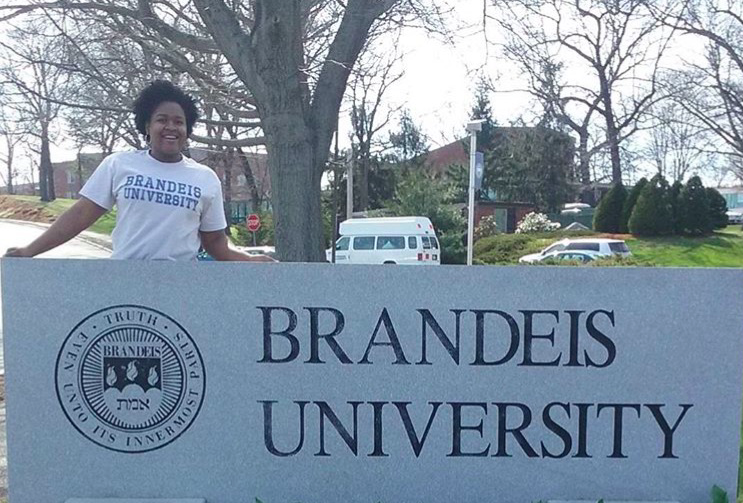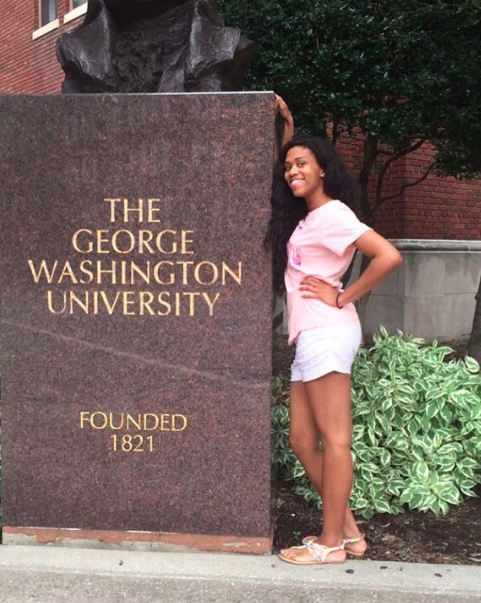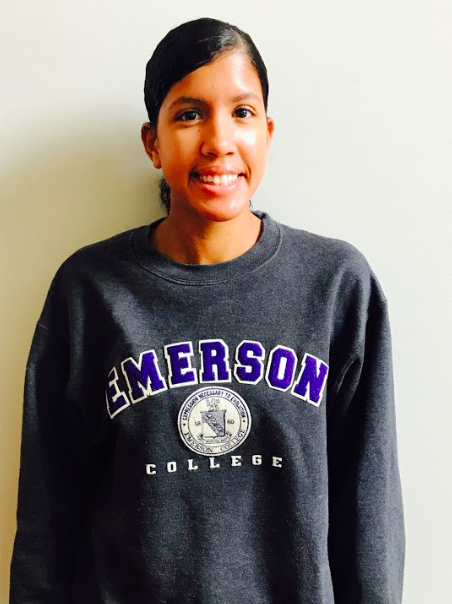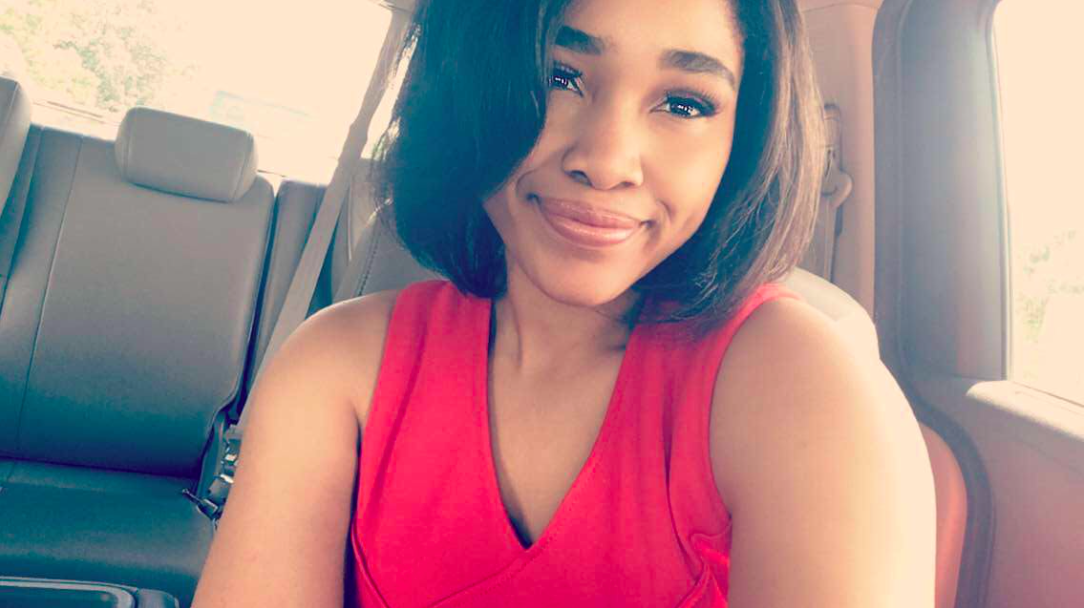Not too long ago, before I claimed Spelman College as my home for the next four years of my life, I was determined to make another university, a predominately White institution (PWI), my home for the next four years. I was introduced to this school after reading up on one of their professor’s who is a social justice juggernaut. Knowing that one of my heroines could be teaching me, and preparing me to enter international politics, made me want to invest in this university. When I was nominated for the Posse Scholarship, I was ecstatic knowing that I was one step closer to my dream school. When I advanced to the third round of Posse, my mom suggested that we visit the school.
On October 6, 2016, my mom and I traveled to the school. Before the trip, I got in touch with one of the university’s professors regarding sitting in his Introduction to Latin American Literature and Culture class that Friday afternoon. The class basically sealed the deal on the university for me. From the classroom atmosphere to the student-to-faculty interaction, I was truly blown away by the classroom dynamics. Even though most of the class was taught in Spanish, the students made sure to include me in their discussion and make me feel at home. However, my parade of pure excitement was in for a forecast of dismay, literally and figuratively.
That Sunday morning, the university had its Fall Open House where prospective students could come and see if the school is a good fit for them. When my mom and I entered the auditorium where the Open House was taking place, I noticed there were only 15 people of color, including us. For a school that advertises diversity, and has images of a diverse population on their website, the room reflected another color I wasn’t accustomed to seeing in those numbers.
After the warm welcoming from the admissions department, we were separated into groups to attend a class of our interest; my mom and I chose to attend the Philosophy class. In the class, I felt like I was drowning in the sea of whiteness and found myself uncomfortable with our discussions on certain topics. For example, the professor posed a scenario of a homeless person who walks into a hospital for a check-up. According to the doctors, the homeless person has five vital organs that five patients in the hospital need. We, parents and students in the class, were asked “what would we do” in this scenario if we were the doctor. Even though the professor did not give any characteristics to the homeless individual, majority of the class began to develop their own image of the homeless person. Some were saying that the homeless person would be “happy” to give their organs to those others patients, and that the person “should be willing to help.” When those statements were made, my mother brought up the Tuskegee Syphilis Experiment and how men of color during that time were sometimes abducted and their organs harvested, all in the name of science and under the guise of free health care from the government. After my mother silenced the room with her statement, the professor defused the tension in the room and bid us a great rest of our day.
From the lack of diversity to getting rained on throughout the entire day, my excitement about the school was drained and my eyes were opened by the experience. I learned that I needed to be in an environment that would nurture my growth as a global thinker and as an intellectual. I learned that I need to be surrounded by a community in which I can thrive and be my authentic self for four years. I believe that HBCUs understand what it takes to guide a person like me on the path to advocacy and agency. I have chosen to attend Spelman College, because I believe that the college will give me a sense of empowerment in a supportive campus community of #blackgirlmagic.
Knowing myself, and my needs, definitely contributed to my college decision. I was looking for an institution that would facilitate my thirst for knowledge, contribute to my growth through enriching experiences and nurture my development as a strong black woman. Now, just because that institution did not have what I needed to succeed in college, does not mean that it is inefficient in producing influential, dynamic women of color. Michelle Obama, Shonda Rhimes, and Angela Davis are just a few prominent women of color who are products of PWIs.
Mrs. Obama spoke on her time at a PWI in her senior thesis when she wrote, “My experiences at Princeton have made me far more aware of my ‘blackness’ than ever before. No matter how liberal and open-minded some of my white professors and classmates try to be toward me, I sometimes feel like a visitor on campus.”
As black women, we will always find ourselves in spaces where someone wants to put us in a box or silence our voices. Though that reality is inevitable, we as black women must be educated and prepared to navigate and flourish in these spaces. In these edited conversations, three black Atlanta women who now attend predominately white institutions (PWI) weigh in on their experiences, what it takes to thrive in these spaces and tips for those considering a PWI institution.
Savannah Edmondson, Brandeis University

Alexes Harris, George Washington University

Lauren Smith, Emerson College

Kayla, 18, is a freshman at Spelman College.





Yes ma’am! I am so glad that you were able to get the experience before enrolling into that school. To see you as First Attendant today, this is really an amazing story. I am glad I stumbled upon this, AUC sister.